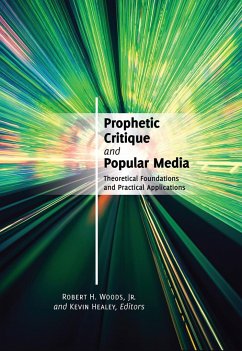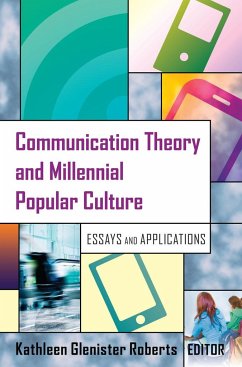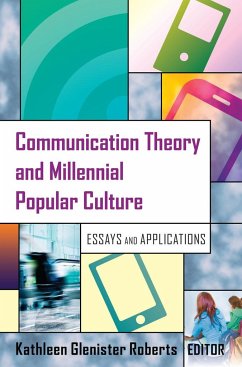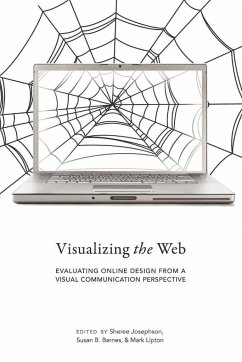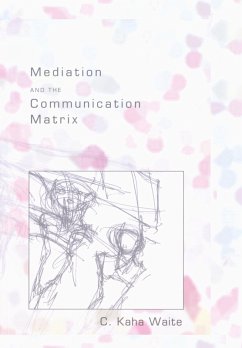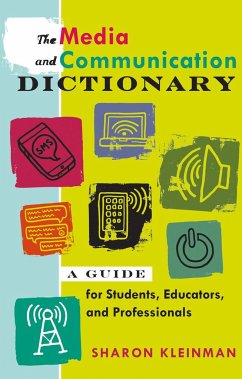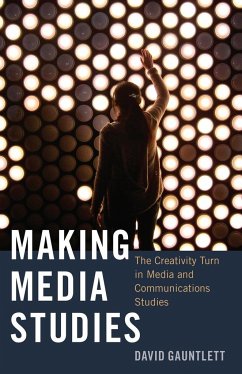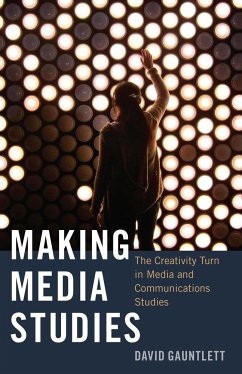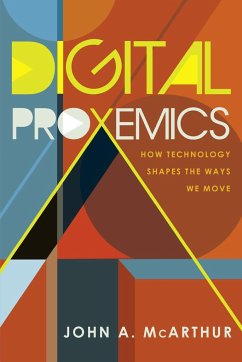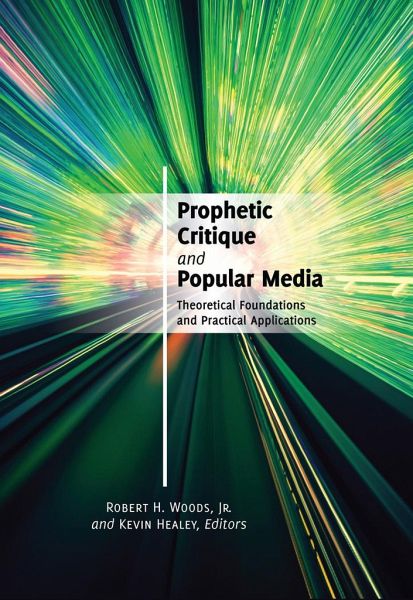
Prophetic Critique and Popular Media
Theoretical Foundations and Practical Applications
Herausgegeben: Woods, Robert H.; Healey, Kevin
Versandkostenfrei!
Versandfertig in 6-10 Tagen
40,50 €
inkl. MwSt.

PAYBACK Punkte
0 °P sammeln!
This book positions the "prophetic" as an organizing concept that can bridge religious and secular criticism of popular media. Drawing from philosophical ethics and moral psychology, the book argues that prophetic critique engages a complex set of universal human capabilities. Whether religious or secular in origin, prophetic critique requires developmentally complex modes of critical reflection, imagination, empathy, and communication. Although this book is diverse in perspective, each author seeks to expose how the content, institutions, and technologies of popular media alternately support-...
This book positions the "prophetic" as an organizing concept that can bridge religious and secular criticism of popular media. Drawing from philosophical ethics and moral psychology, the book argues that prophetic critique engages a complex set of universal human capabilities. Whether religious or secular in origin, prophetic critique requires developmentally complex modes of critical reflection, imagination, empathy, and communication. Although this book is diverse in perspective, each author seeks to expose how the content, institutions, and technologies of popular media alternately support-or undermine-the basic values of equality, human dignity, and social justice. By foregrounding such universal principles, the authors distinguish their arguments from critical/cultural scholarship that fails to acknowledge its own normative foundations and implicit theology of culture. The authors demonstrate the efficacy of this framework by applying it to specific case studies in popular media including theater, film, music, journalism, and digital culture. The book argues that the prophetic critique of mass media is essential to maintaining a productive tension between religious communities and the institutions of secular democracy. More broadly, in outlining an inclusive understanding of prophetic critique, this book builds bridges between religious and secular scholarship and generates a unique vision for a revitalized, mass-mediated public sphere.



